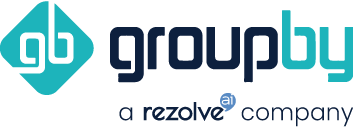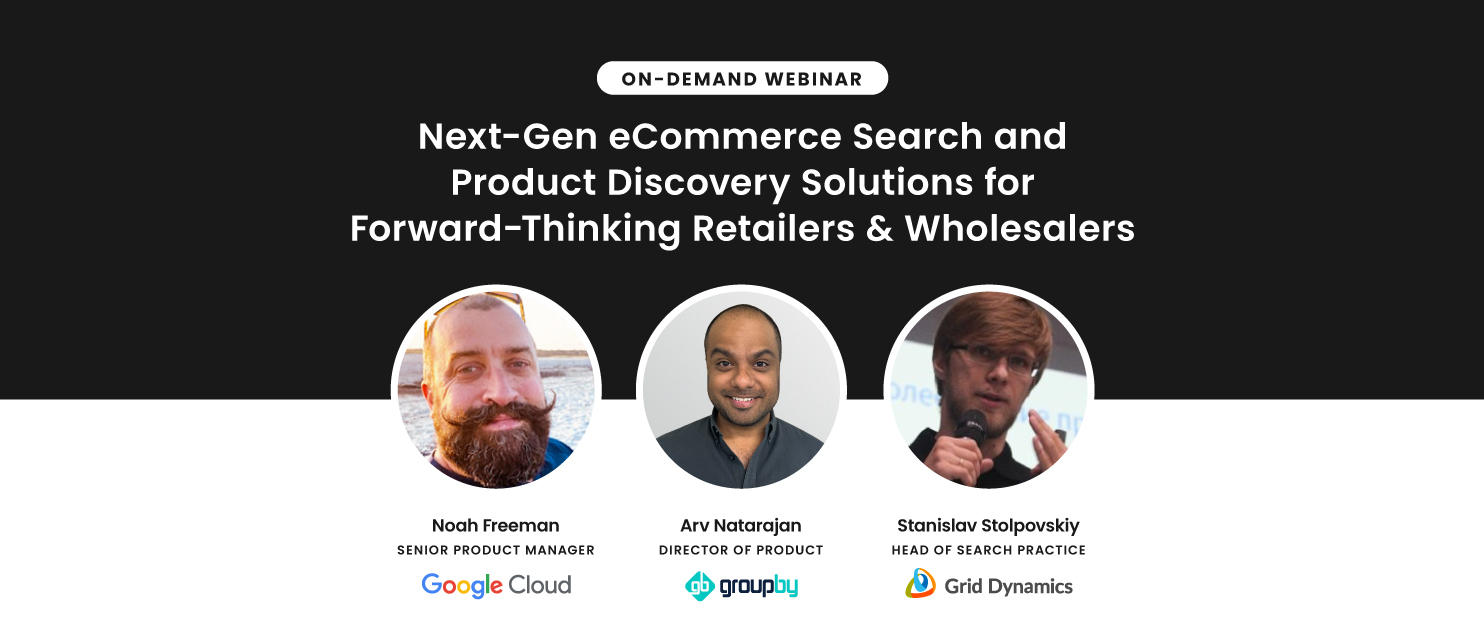For a host of reasons, the B2B buying journey is much more complex than the consumer path, and B2B vs B2C product discovery scenarios have very different challenges. But when as many as 80% of B2B buyers prefer remote or self-service options, it's no wonder that B2B organizations are moving fast to up their digital games.
B2B has historically lagged behind B2C when it comes to transforming the digital experience, yet B2B buyers are embracing online shopping like never before. McKinsey reports that 70% of B2B decision makers are open to making new purchases of $50,000 or more via fully self-serve or remote channels, while 27% would spend more than $500,000. On top of that, 87% of B2B buyers would pay a premium to do business with a supplier that has an excellent eCommerce portal. The upshot is that B2B wholesalers and distributors need to provide an exceptional eCommerce experience for their customers. However, it's not just a matter of taking a page out of the B2C playbook – the customer journeys can be dramatically different.
B2B vs B2C Customer Journeys
In general, modern B2B and B2C customers are increasingly tech savvy and expect a convenient shopping experience, but there are many ways in which their paths to purchase diverge. The B2C customer journey is fractured across many platforms, and over 50% of customers will use 3-5 channels to engage with a company, while regularly switching between websites, mobile and in-store shopping. In fact, the lines between in-store and online are continuing to blur for B2C, as customers check product availability, read reviews and compare prices with other retailers while standing in the store.
The B2B buying journey also no longer takes a straight path. With self-serve purchase options and so much information now immediately at their fingertips, B2B buyers can craft their own journey, from researching online to asking questions via social or chat to video conferencing with a rep and having an expert come on-site. But a key difference between B2B and B2C is in the number of stakeholders involved in a purchase. Gartner reports that the typical business buying group has 6-10 stakeholders, each with 4-5 pieces of information they need to “de-conflict” with the team.
While speed is essential in B2C, from fast and accurate product discovery to speedy delivery or pickup options, B2B has a long and complicated purchasing cycle. Making a new B2B purchase usually involves several steps, including problem identification, requirement gathering, supplier vetting, product assessment, achieving stakeholder consensus and settling on purchasing terms. It's the sheer complexity of a B2B purchase that makes optimizing product discovery so difficult on your eCommerce platform.
B2B vs B2C Product Discovery
- Custom Catalogs
- Dynamic Pricing
- Multiple Product Catalogs
- Complex Use Cases
Purchasing agreements between two organizations are not one-size-fits-all, and there may be restrictions on what individual companies are able to purchase. As such, individual buyers may require a custom view of your product offerings. These restrictions can depend on the industry, geography and even local regulations. This means that products that one buyer can purchase should not be visible to others in your online catalog and in search results.
Negotiated pricing schedules for the same products can also vary according to the purchasing agreement. While the average B2C retailer can catalog products at prices that apply to all customers, B2B needs to be careful about the price points each buyer can see, while also ensuring that accurate quantity discounts are applied.
Optimized search and reliable product discovery depend on the quality of your data, yet most B2B companies struggle with classifying and organizing large volumes of diverse product data. The challenges grow when new supplier catalogs are added to the mix and new companies and lines are acquired. In order to provide a unified shopping experience and accurate search results, B2B companies need a way to standardize their new product assortments with the rest of their catalog and rapidly apply product attributes at scale. Otherwise, findability will suffer and products will get lost in the shuffle.
In addition to multiple and custom catalogs and dynamic pricing, options like part number search, unit conversion, fitment (year, make, model) and intricate faceting further complicate B2B product discovery. B2B buying requires a next generation search and product discovery engine that can easily manage the most complex use cases. At GroupBy, we can help.





